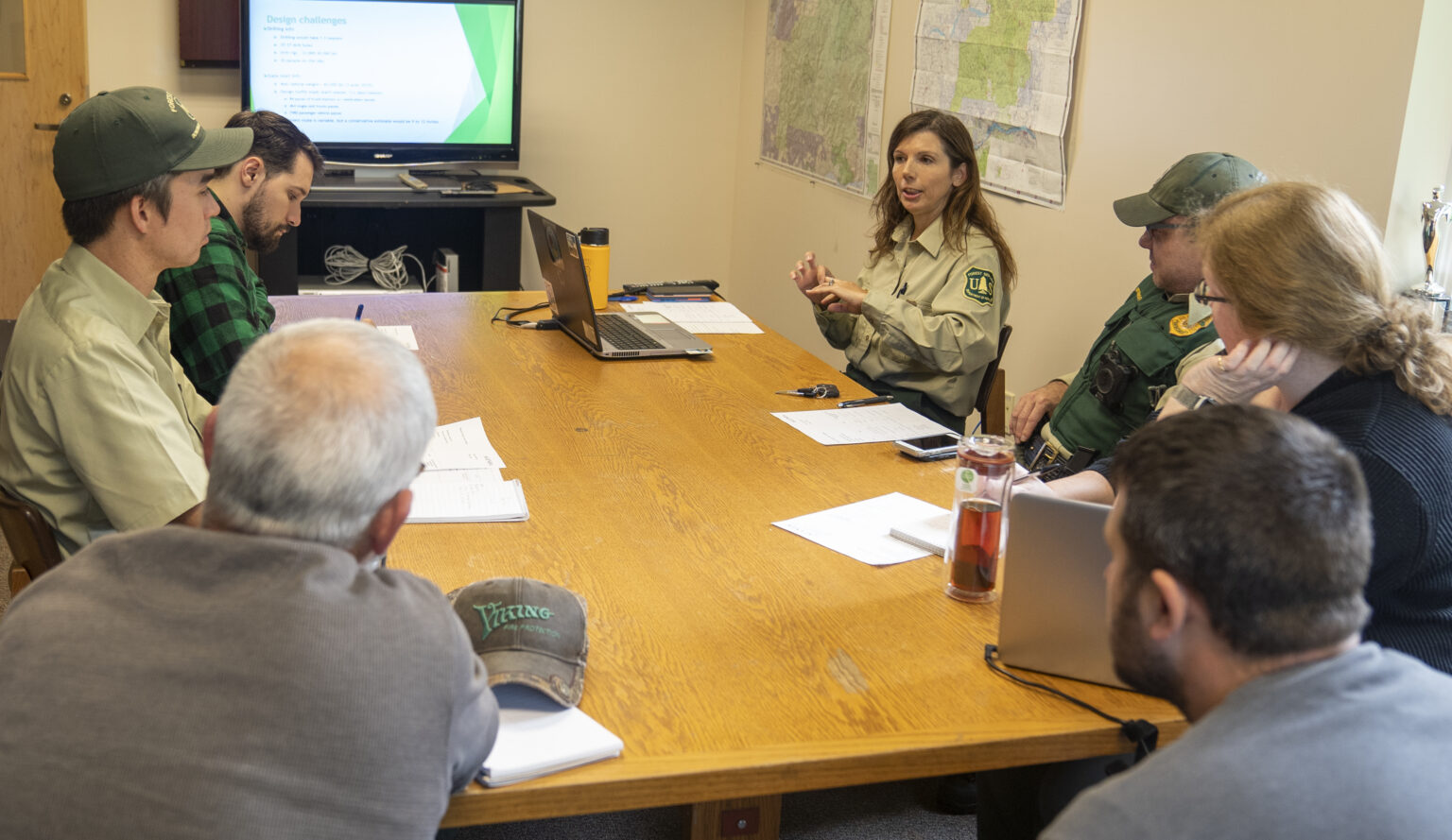Capital Chatter: Oregon bipartisanship is sometimes prickly
Published 4:30 pm Thursday, April 27, 2023

- capital chatter logo
“Bipartisanship rains at 2023 Legislative Session,” Senate President Rob Wagner, D-Lake Oswego, declared in his April 19 constituent newsletter.
Trending
“We’ve passed the halfway point of the 2023 legislative session and there is a lot of excitement at your state Capitol. Bipartisanship remains a focus as we pass bills with support from both parties, including a number of bills wholly sponsored by Republicans.”
Yet less than 24 hours earlier, Senate Republican Leader Tim Knopp of Bend had proclaimed in a press release, “Democrats have turned the Senate into a legislative graveyard where good bills go to die.”
Both assertions can be accurate, enabling partisans to claim their own version of the truth.
Of the 201 Senate bills that had been passed, about 95% received bipartisan support, according to Wagner. SB 974, which criminalizes sexual abuse under the guise of legitimate medical care, was among those that passed the Senate unanimously.
Trending
However, it is equally true that the majority Democrats sidelined many GOP bills, including seven tax-related measures and six “good governance” bills that Senate Republicans tried to bring to a vote. Wagner and House Speaker Dan Rayfield, D-Corvallis, also have not acted on Republican and Independent leaders’ request that the Legislature create an “equal bipartisan and bicameral Joint Committee on Oversight and Accountability,” whose first task would be investigating the Oregon Liquor and Cannabis Commission.
On a recently concluded 12-day, 3,200-mile roundtrip to Arizona, I mulled these dueling portraits of the 2023 Legislature. An occupational hazard of being a journalist is that I pay attention to Oregon politics even while supposedly on a family vacation.
I pondered politics as my wife and I drove south from Burns toward Winnemucca, Nevada – not the most direct route to Phoenix but certainly more interesting than following freeways. Journalists, like public officials, have an obligation to know the entirety of their state.
This is ranching country – hardscrabble farming and ranching – where laws passed by the Legislature and implemented by state agencies intersect daily life.
Every regulation carries a cost along with its potential benefit. For the rancher sitting at the kitchen table doing his or her books, will the latest regulation be an improvement or, piled atop all the others, will it be what sends him or her over the edge? For teachers and principals, what will be the personal and professional cost/benefit as the Legislature adds education requirements. Or what about regulations affecting childcare provider, or CPAs or …?
Motoring along isolated Highway 78, I wondered whether Senate President Wagner had ever dined at the home of Republican Rep. Mark Owens, who lives near unincorporated Crane. What insights would each man gain? What bonds would they build? Each served on his local school board, although the Crane Union High School District has about 80 students compared with Lake Oswego’s 6,900.
When the Legislature’s Ways & Means Committee holds its final on-the-road public hearing Friday evening in Ontario, I wonder how many of the 23 lawmakers plus staff will be encountering that community for the first time instead of knowing their state.
Kudos to two Portland Democrats – co-chairs Sen. Elisabeth Steiner and Rep. Tawna Sanchez – for taking the roadshow to different locales than in the past. But most Republicans on the committee skipped the Portland hearing on April 8. Will the Portland-area Democratic members all make the trip to far-Eastern Oregon?
Oregon’s Legislature is more functional than many of its counterparts around the country. But contradictions continue. Though bipartisanship might rain at times, it does not reign.




